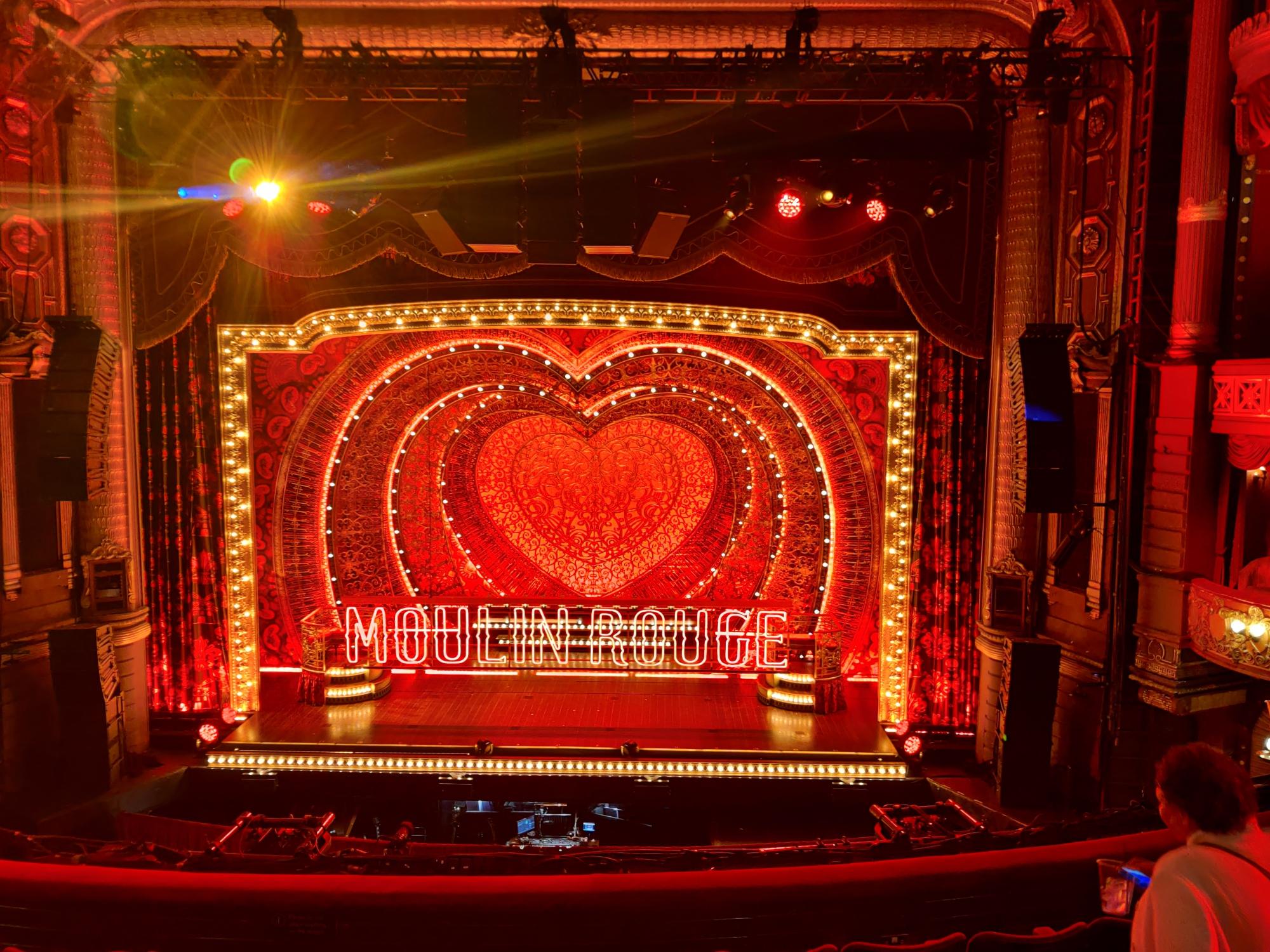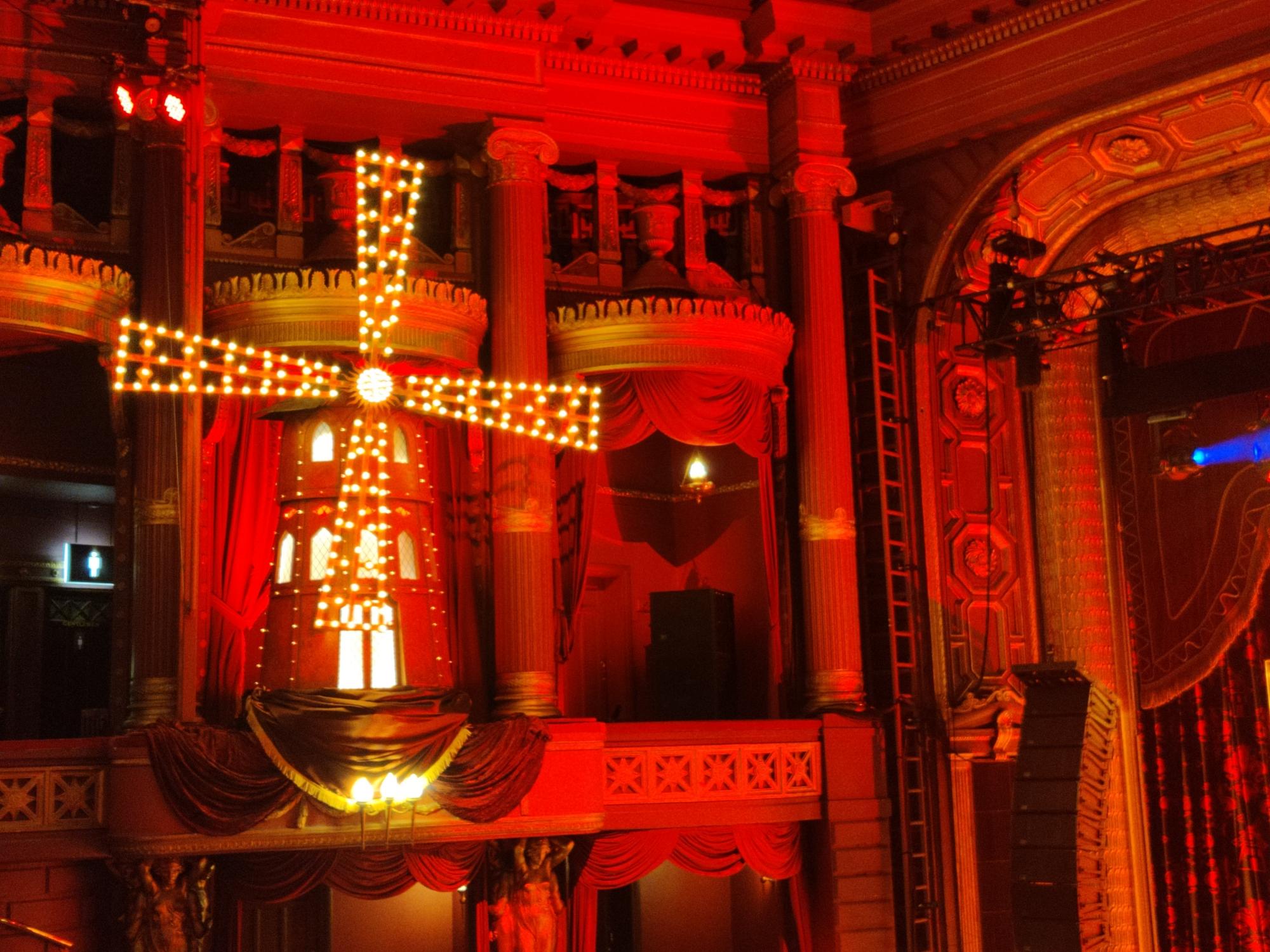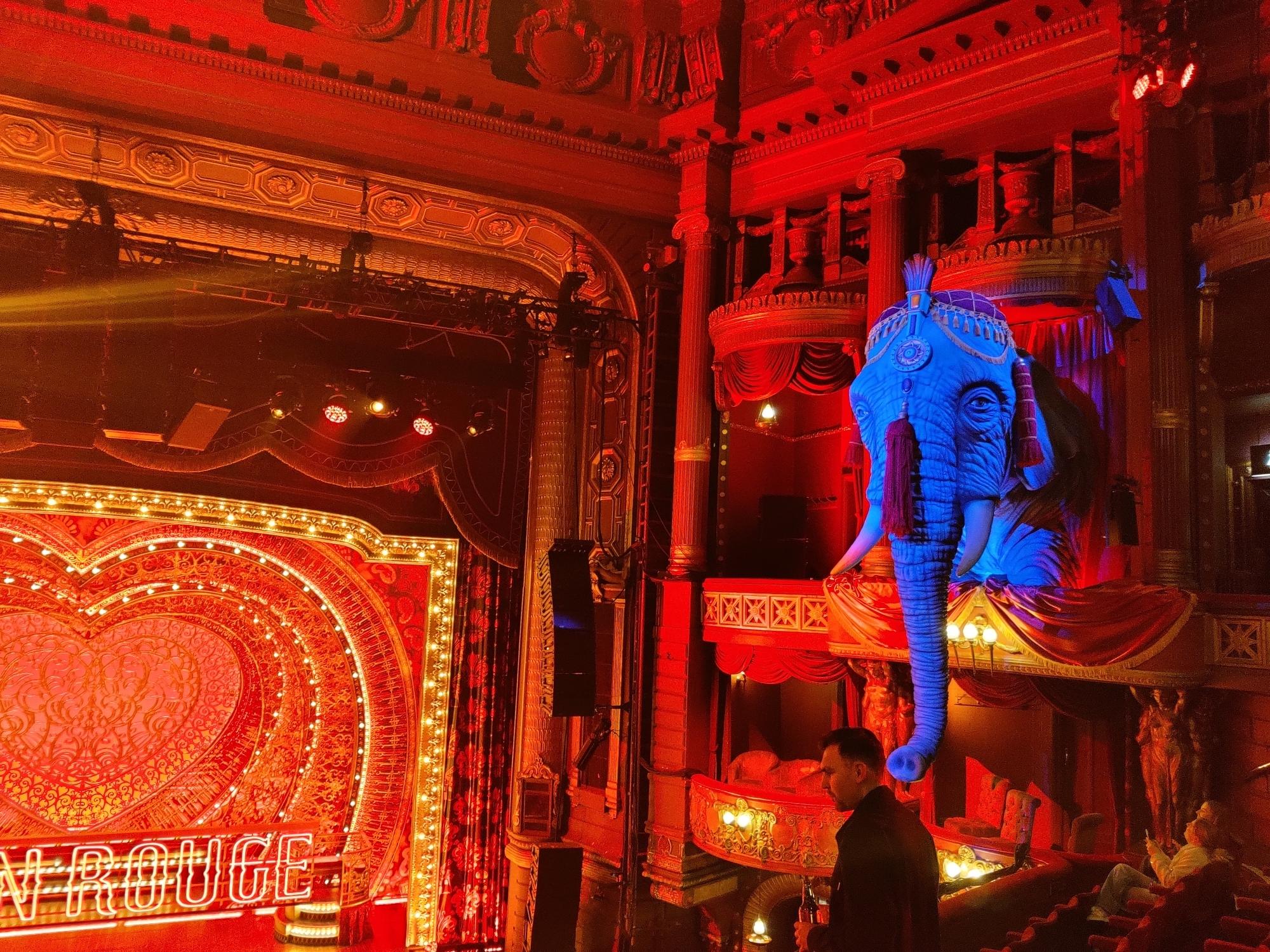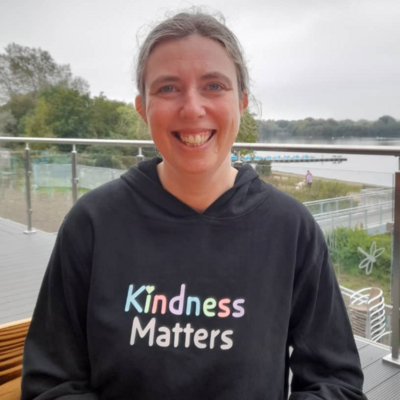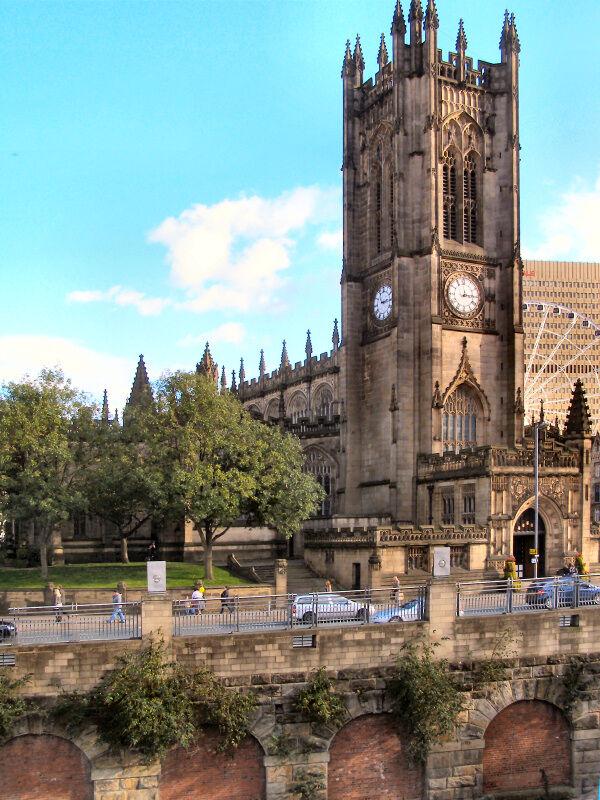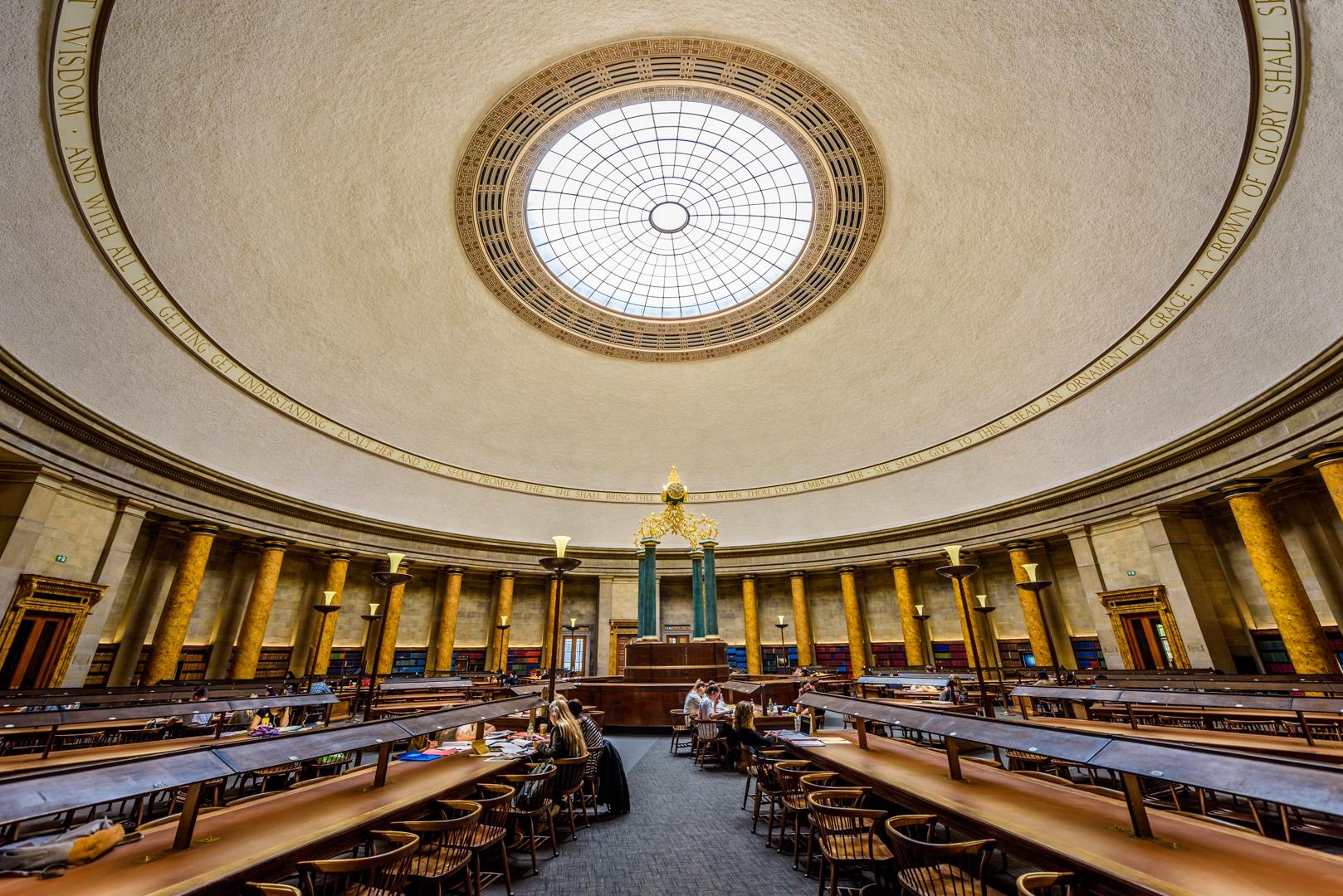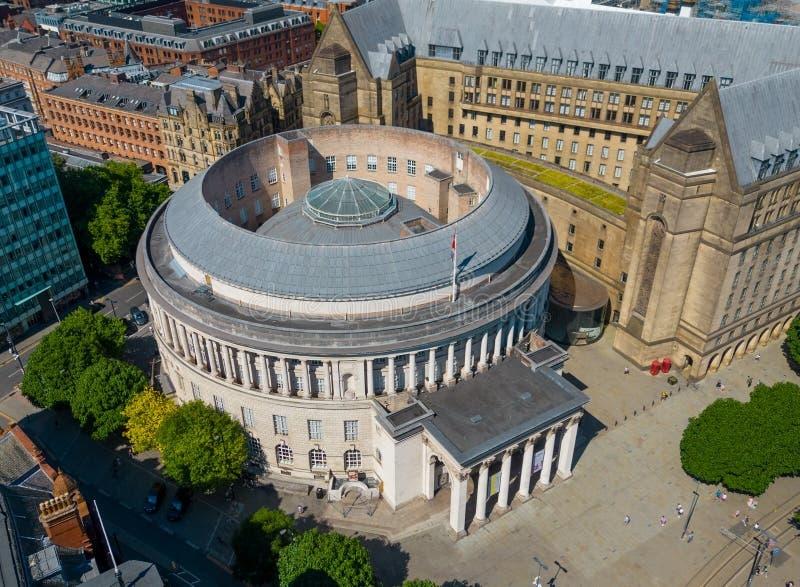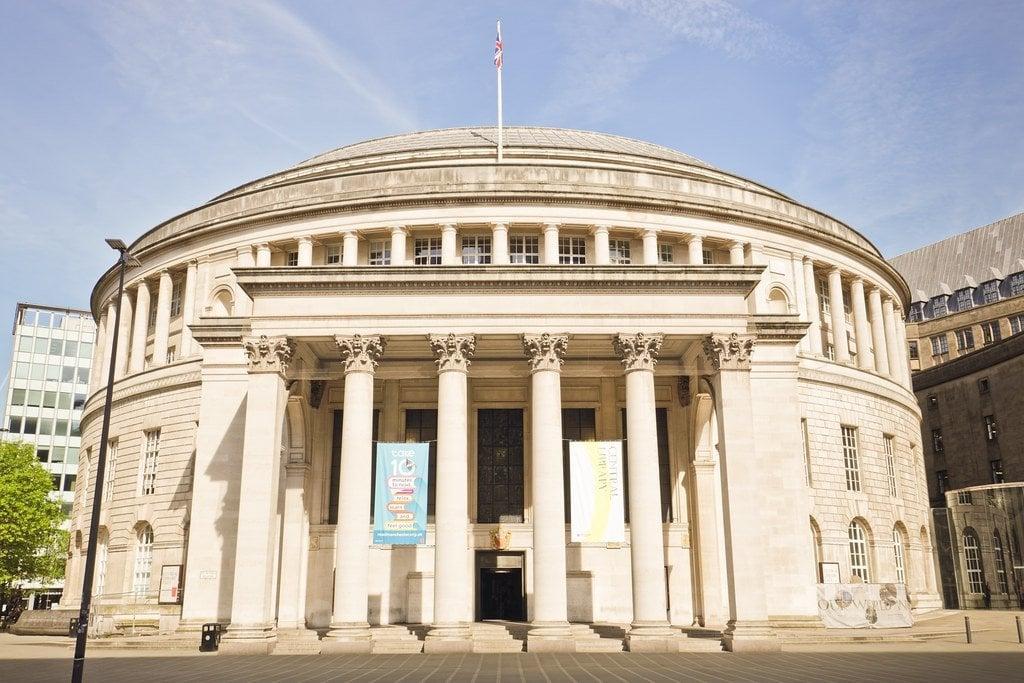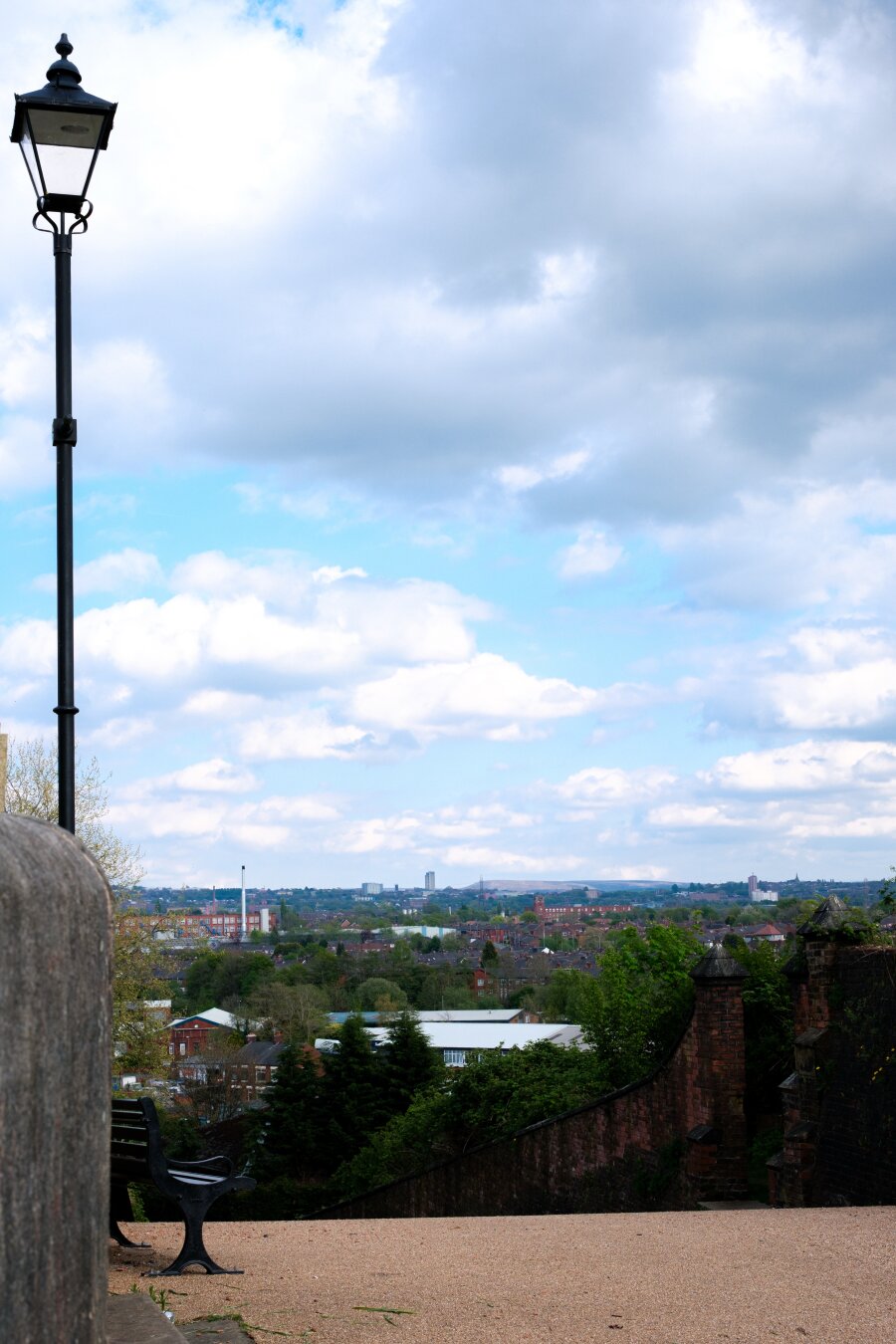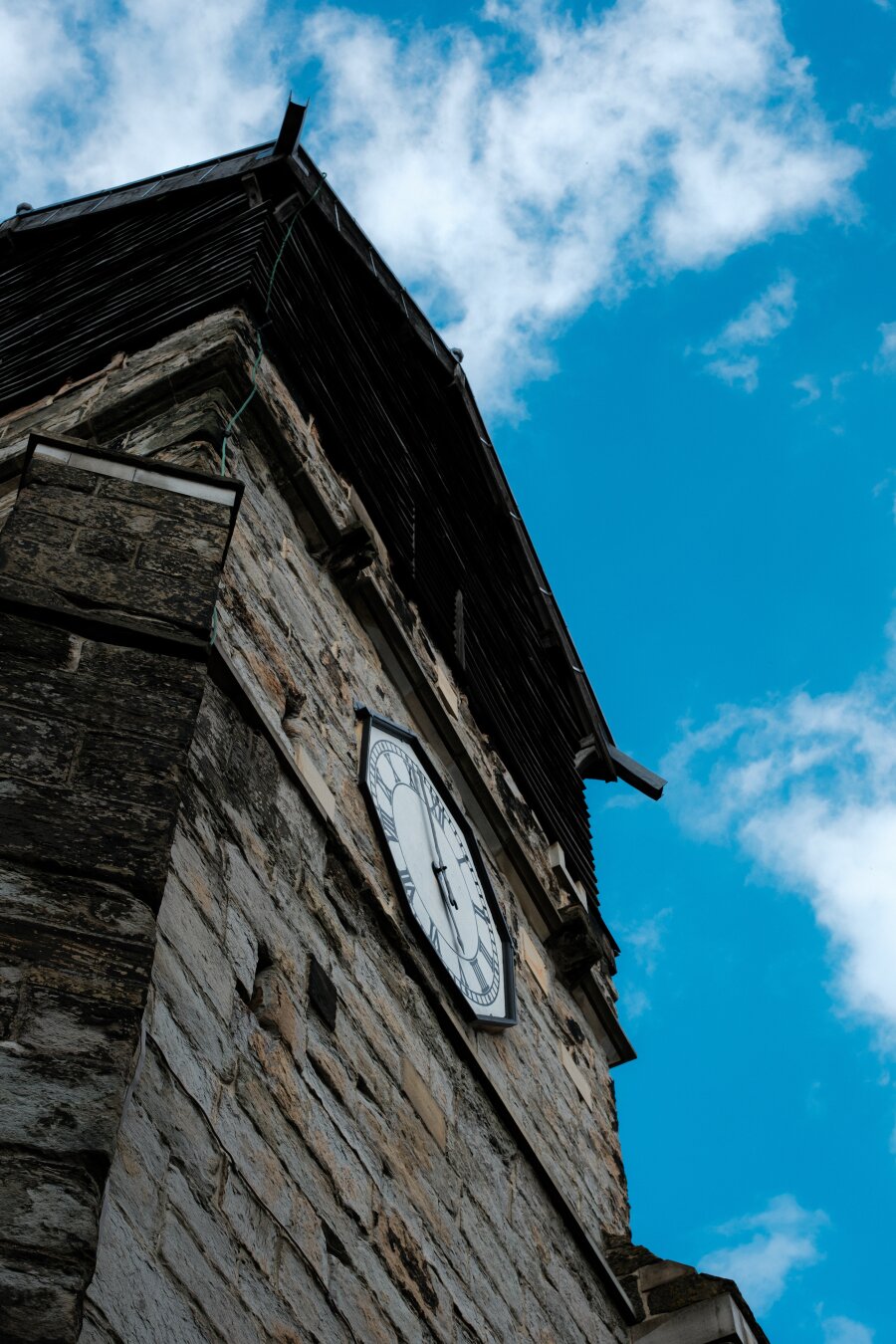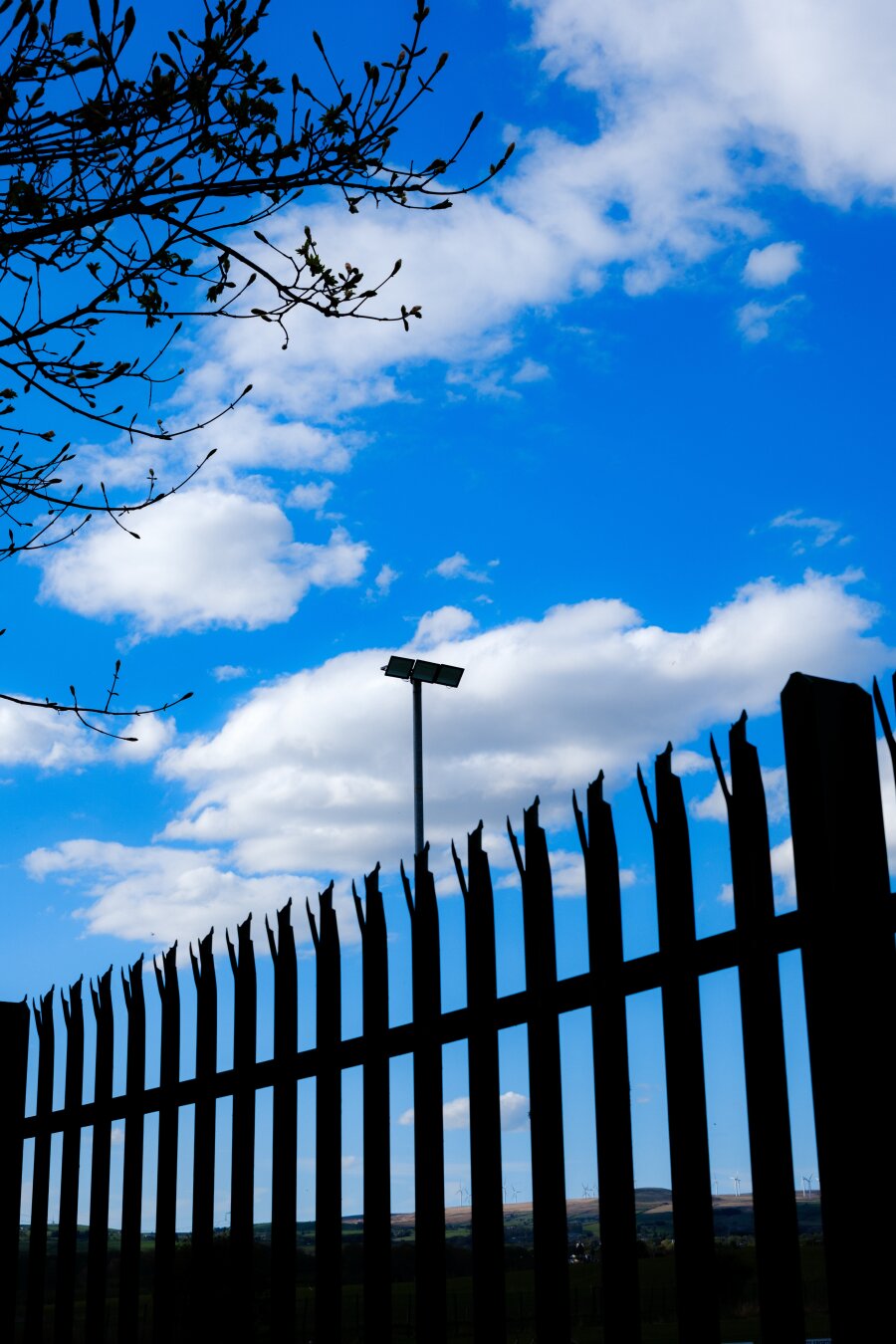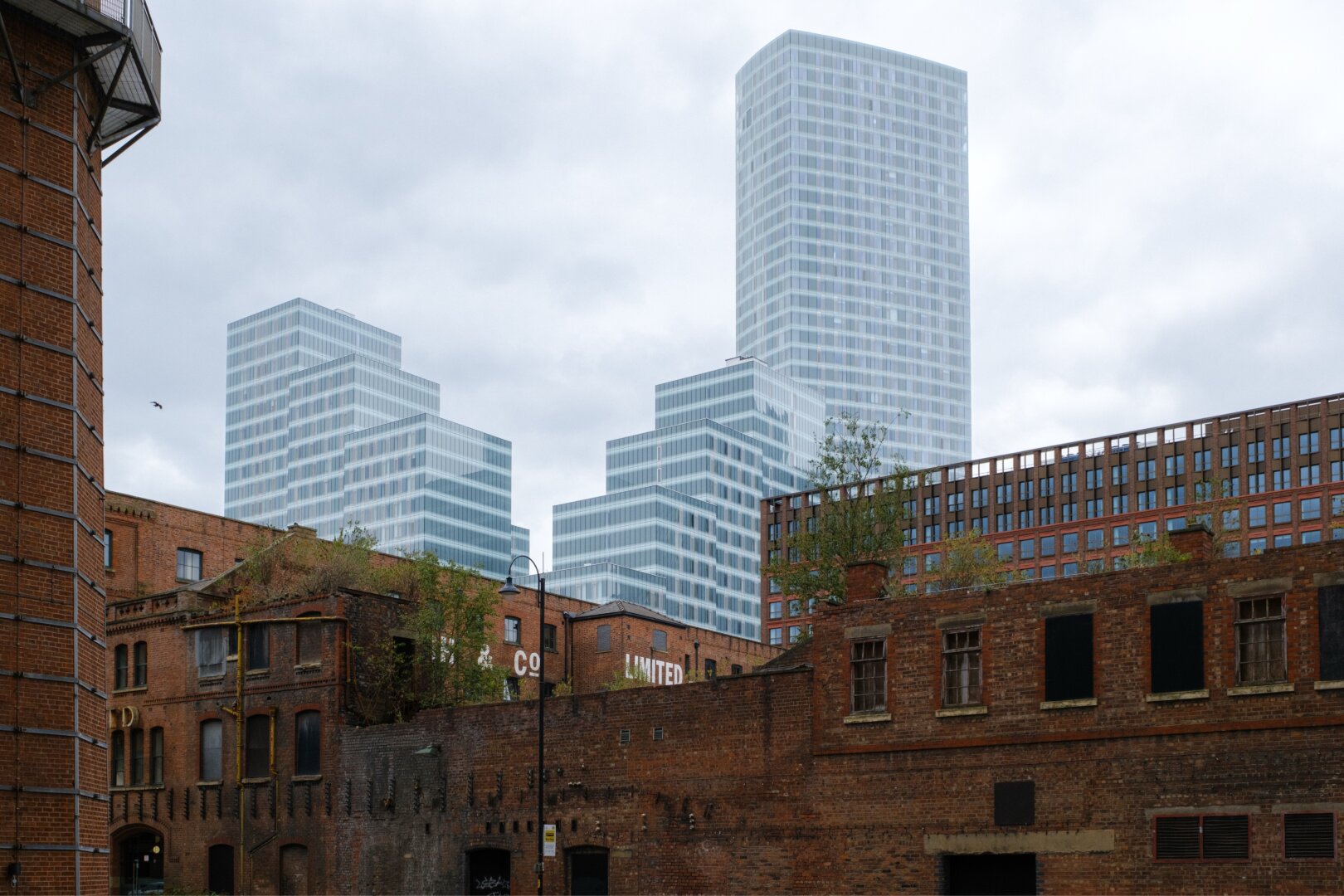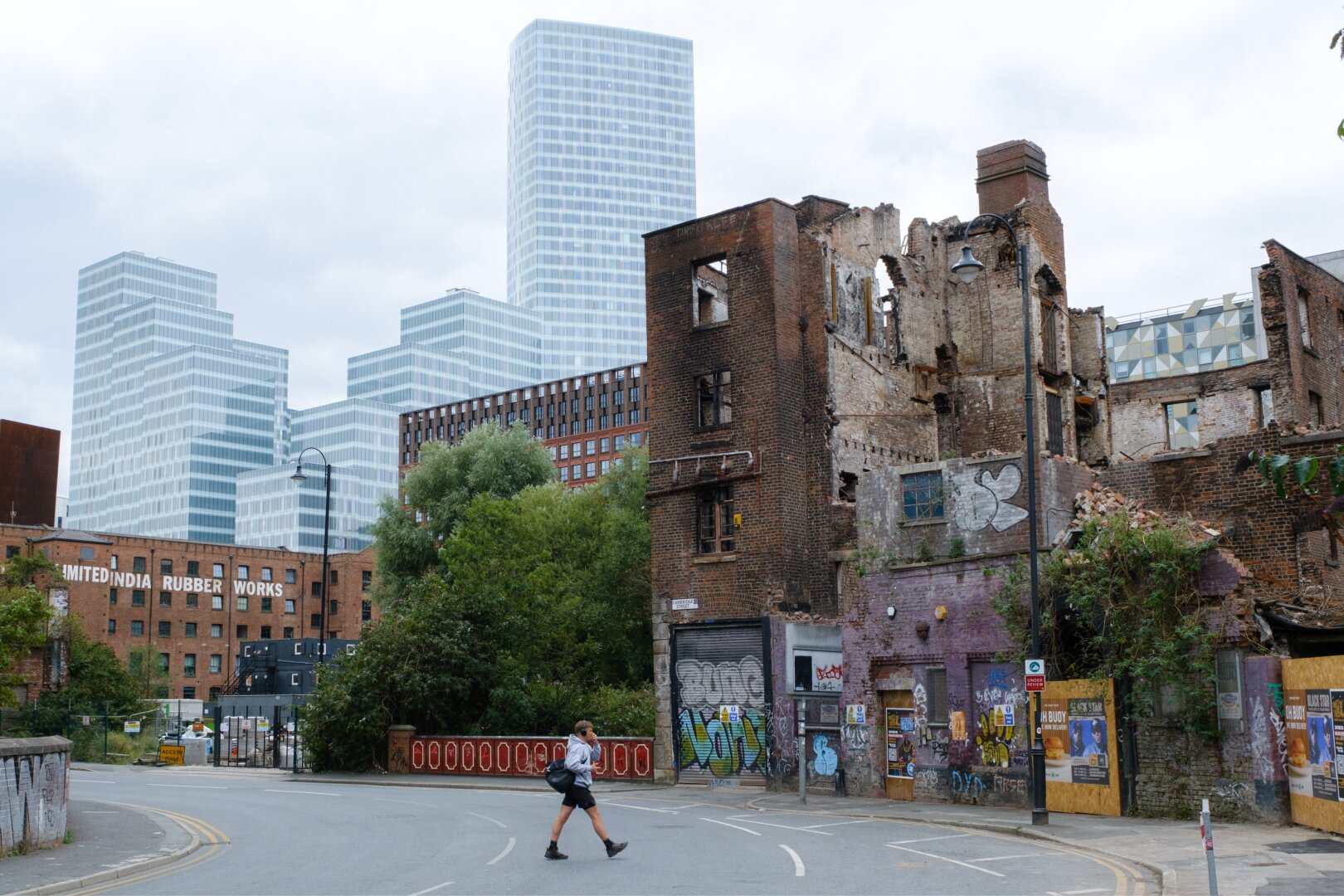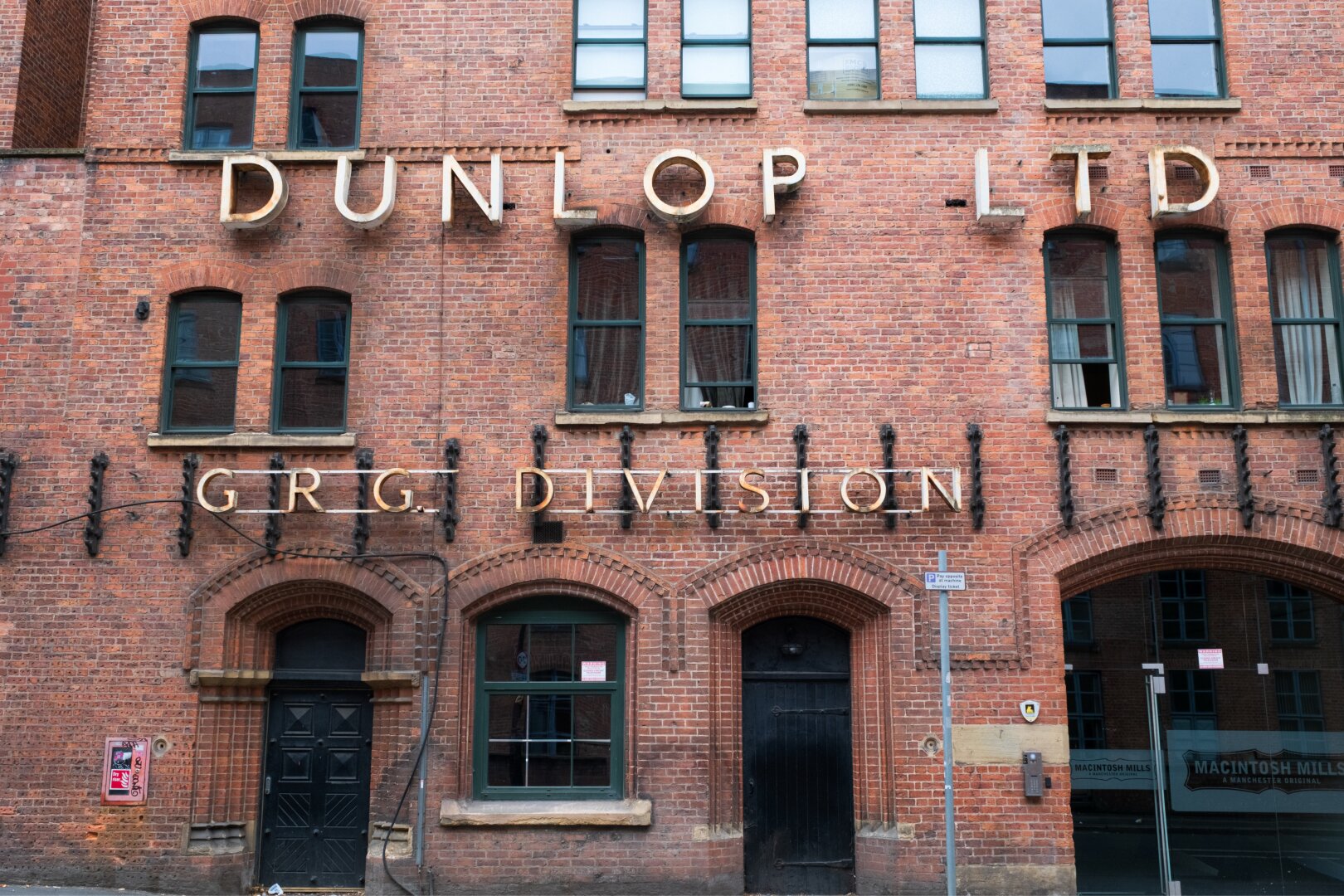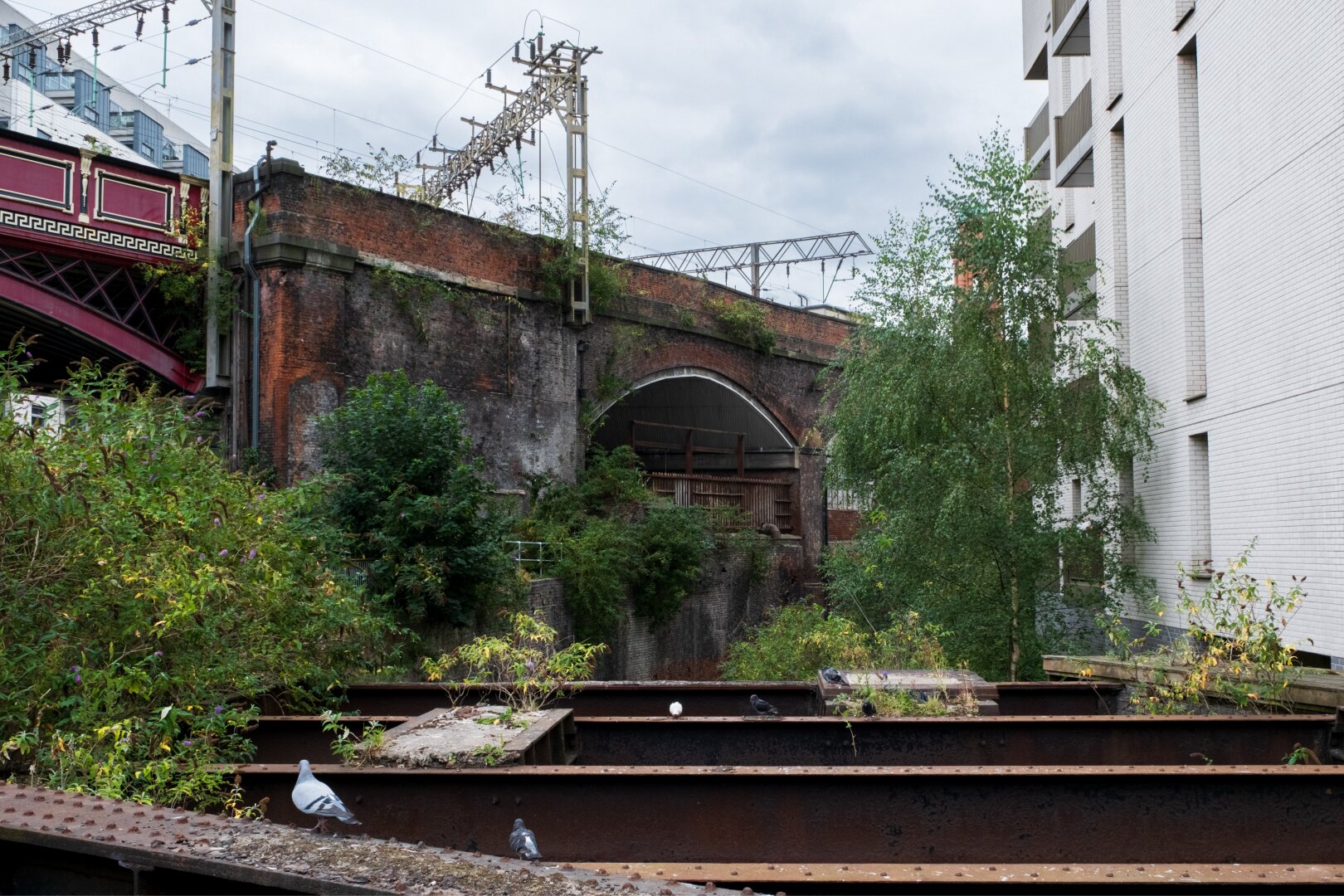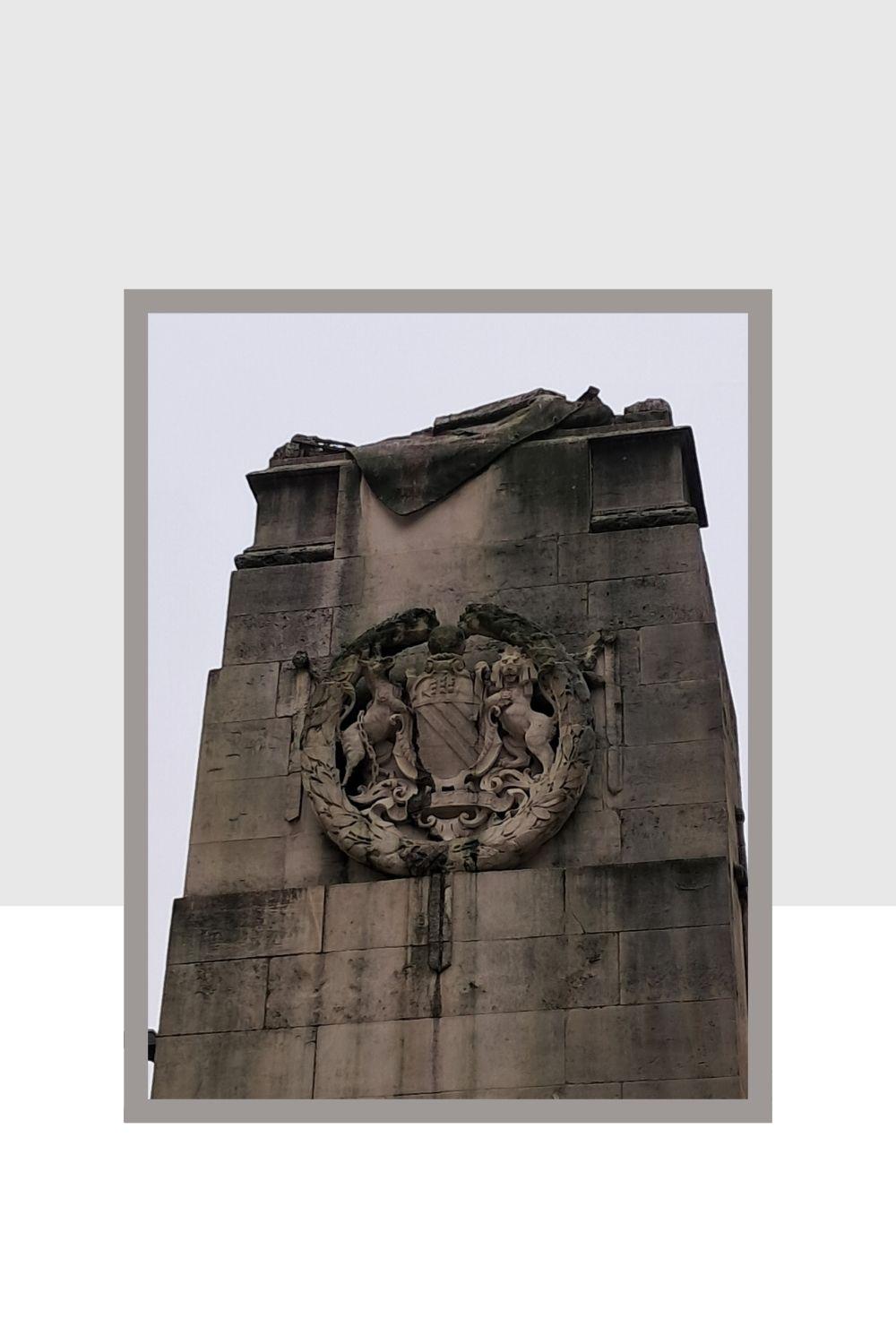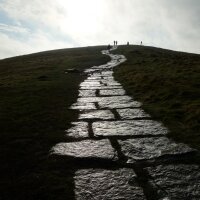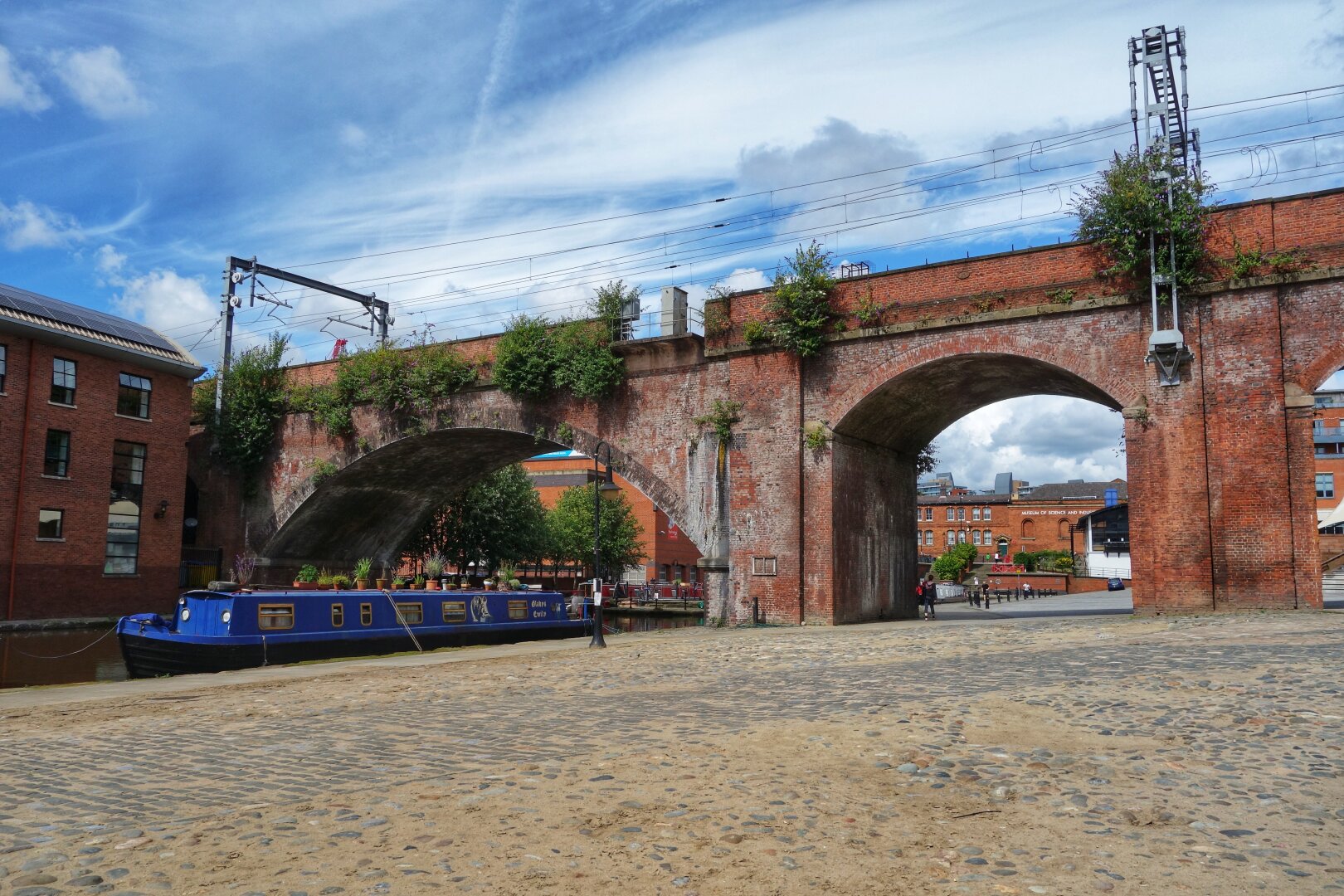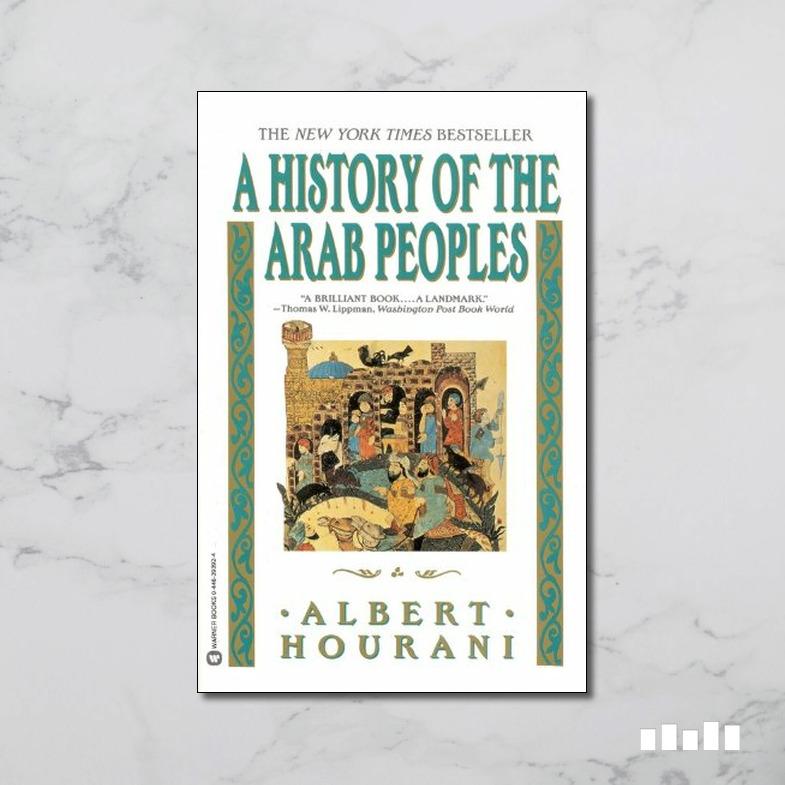We are at the theatre.
#MoulinRouge #manchester
#manchester
See tagged statuses in the local BookWyrm community
“On my way home in #Manchester, and just at the end of my street, I tripped and fell. My more unsympathetic or possibly just more realistic friends have said that at my age - 65 - I don’t trip up, I ‘have a fall.’
As it happens I was fine, just a bit grazed and embarrassed, but two lovely ladies stopped, and took some convincing that I was very close to home, and not actually broken. Thank you both.”
Credit: Manchester Cathedral by David Dixon, CC BY-SA 2.0, via Wikimedia Commons.
1/2
In under two days, I've managed to get a collection point filled with donations of shower gel, hand soap, baby wipes and toothpaste for a South Manchester foodbank.
Everyone has been incredibly supportive but it's astonishing that 4.2 million adults and 3 million children are experiencing hygiene poverty here in the UK.
Each item has started at just £1.00 and like any community effort, it starts with people having a conversation. 🫧 🫧 🫧
Flippin' 'eck, Tucker! replied to Genxian's status
@genxian For me it has to be Manchester Central Library in the UK. You can say a lot of things about the creators of the British Empire, but when someone suggested to Victorian England that they should build a temple to knowledge, learning & reading, that's exactly what they did.
This is my home town…
#Middleton #Manchester #Photography #UrbanPhotography #LandscapePhotography #CityPhotography #FujiFilm #FujiFilmXT5
✨📄 New blog post: An Interview with Felienne Hermans 📄✨
We caught up with keynote speaker @Felienne to chat about her journey into #programming and #Python’s influence along the way, creating Hedy, challenges & hopes for the Python ecosystem, and what she’s most looking forward to at #PyConUK2025 🐍✨
📖 Read the interview here: https://2025.pyconuk.org/2025/08/keynote-speaker-interview-felienne/
A huge thank you to Felienne for taking the time to share your thoughts with us 💜
Who remembers the stories of Doctor Finlay of Tannochbrae by A.J. Cronin? A friend was recently visiting the Scottish Highlands and on the drive back to Manchester, she and her family had an uninterrupted A.J Cronin audiobook marathon.
⭐ ⭐ ⭐ ⭐ ⭐
#books #audiobook #reading #listening #radio #bbc #manchester #scotland #community #uk
Happy Saturday. This is #Manchester.
#Photography #UrbanPhotography #CityPhotography #StreetPhotography #FujiFilm #FujiFilmXT5
🎊 ■ Noel Gallagher se rinde en halagos ante Liam en plena gira de Oasis: "Estoy tan orgulloso de él" ■ Los hermanos han estado 16 años sin hablarse
https://los40.com/2025/08/21/noel-gallagher-se-rinde-en-halagos-ante-liam-en-plena-gira-de-oasis-estoy-tan-orgulloso-de-el/?int=MASTODON_WORLD
#manchester #polemicas #conciertos #eventos #girasmusicales #irlanda #redessociales #oasis(grupomusica) #liamgallagher #noelgallagher #inglaterra
I present the "Terminal velocity unhindered by dark clouds" #pacemakerdevice mix
Recorded and mixed live on a KLM flight back to #Manchester
https://cubicgarden.com/2025/08/21/terminal-velocity-unhindered-by-dark-clouds-mix/
Peter Riley replied to Working Class History's status
The Peterloo Massacre took place at St Peter's Field, Manchester, Lancashire, England, on Monday 16 August 1819. Eighteen people died and 400–700 were injured when the cavalry of the Yeomen charged into a crowd of around 60,000 people who had gathered
https://en.wikipedia.org/wiki/Peterloo_Massacre
https://www.peterloomassacre.org/history.html
https://www.nationalarchives.gov.uk/education/resources/protest-democracy-1818-1820/
2018 Film (Mike Leigh) - 200th anniversary
https://en.wikipedia.org/wiki/Peterloo_(film)
What untold stories are there on the Manchester Cenotaph? There are 4,621 British burials from WW1 in Amara War Cemetery in Iraq, then Mesopotamia.
Among them is Oldham's Handel Kent, who died on the 09/01/1917 and Henry Dickinson from Newton Heath, who died on the 08/05/1916.
#history #manchester #politics #iraq #europe #ww1 #news #army #books #uk
#ThrowbackThursday #TBT 9 years ago we were exploring #Manchester. A beautiful and fascinating city that treasures its industrial heritage, but made it cool 😎
#canal #Kanal #towpath #BridgewaterCanal #Hausboot #houseboat #narrowboat #canalBoat #city #cityscape #streetPhotography #bridge #bridgeObsession #railwayBridge #railroadBridge #arch #arches #archBridge #masonry #masonryBridge #Eisenbahnbrücke #Brücke #brick #bricks #Backstein #brickwork #viaduct #Viadukt #architecture #Architektur #Castlefield #CastlefieldViaduct #England #UK
If history were taught in the form of stories, it would never be forgotten.” ― Rudyard Kipling
#history #photography #photo #nature #flowers #uk #books #reading #stories #manchester
I recently listened to a debate by Manchester City Council on 'Understanding' and 'Tackling Anti-Arab Racism' in the city. It was an experience which can only be described as interesting.
Unfortunately, no one mentioned how people like Albert Hourani, author of 'A History of the Arab Peoples' was born in Manchester in 1915 and had attended Magdalen College, Oxford in 1933.
#manchester #books #politics #uk #news #labour #history #media #usa #europe

